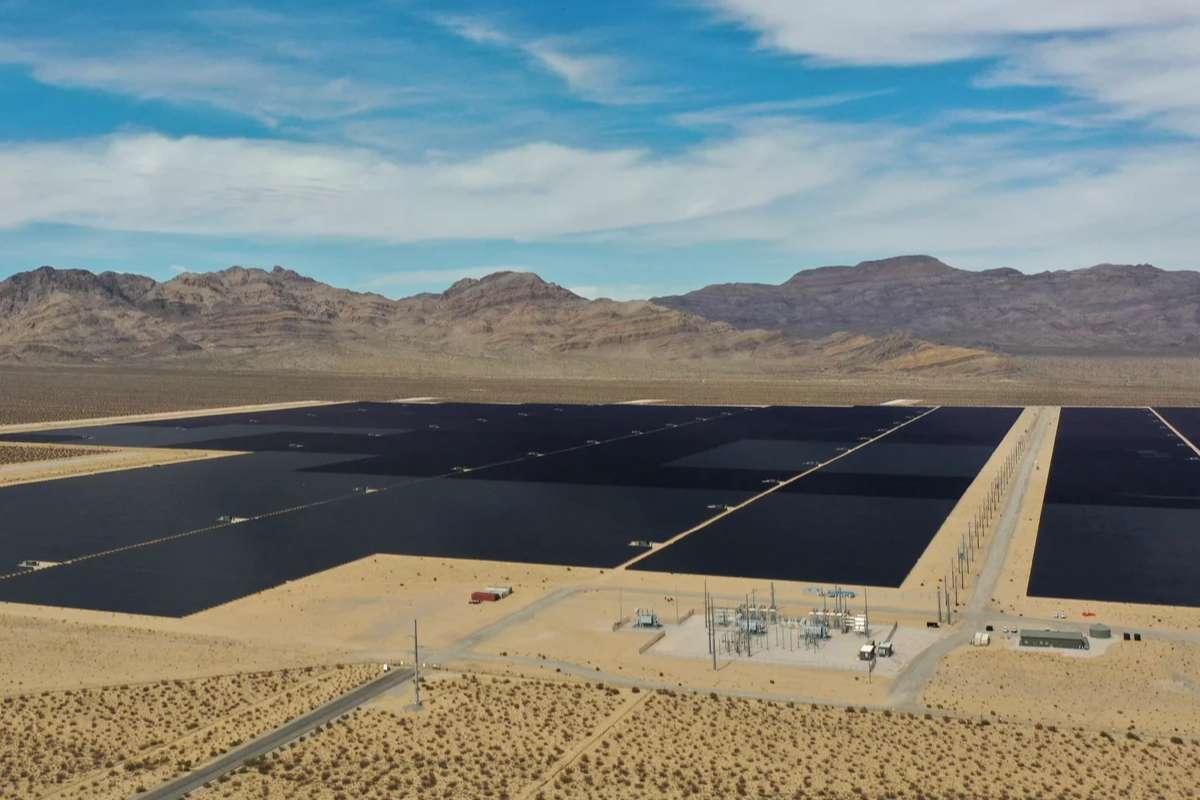Key Points:
- States filed a Solar for All program lawsuit.
- Cancellation may raise energy costs for low-income households.
- Lawsuits aim to restore the program and support clean energy access.
Nearly two dozen states have filed a Solar for All program lawsuit against the Trump administration over its decision to discontinue a $7 billion federal grant program that supported solar energy projects in low-income communities, according to court documents filed this week.
California Attorney General Rob Bonta announced Thursday that a coalition of states is challenging the administration’s cancellation of the Environmental Protection Agency’s (EPA) Solar for All program. The initiative was designed to expand solar access and reduce energy costs for disadvantaged households.
EPA Administrator Lee Zeldin ended the program in August, following the passage of the One Big Beautiful Bill Act, signed by President Donald Trump in July. The law reallocated funds that had supported renewable energy programs. The EPA said it would not comment on pending litigation.
States cite higher energy costs
Arizona Attorney General Kris Mayes said the program’s cancellation could affect about 900,000 low-income households nationwide. Arizona, she said, stands to lose $156 million in funding, which may lead to a 20% increase in energy bills for roughly 11,000 households.
“Without this program, for many Arizonans, clean energy will be out of reach,” Mayes said during an online briefing.
California expects to lose about $250 million in funding that had been approved by Congress. State officials criticized the decision, saying it could slow the transition to renewable energy and increase household energy costs.
Legal action across multiple states
The coalition’s first lawsuit, seeking monetary damages, was filed Wednesday in the U.S. Court of Federal Claims. A second Solar for All program lawsuit, requesting reinstatement of the program, was expected to be filed Thursday in federal court in Washington state, Bonta’s office said.
The lawsuits are part of broader legal efforts by several state attorneys general who have challenged various federal policy changes. Attorneys general from 23 states and the District of Columbia joined the suits. Participating states include Maryland, Colorado, Connecticut, Hawaii, Illinois, Kentucky, Maine, Massachusetts, Michigan, Minnesota, Nevada, New Jersey, New Mexico, New York, North Carolina, Oregon, Pennsylvania, Rhode Island, Vermont, Washington, and Wisconsin.
Communities report funding impact
Mayes said the cancellation would affect ongoing projects in disadvantaged regions, including the Hopi tribe in northern Arizona, which had been set to receive $25 million to install solar panels and battery systems in homes without electricity.
Supporters of the Solar for All program said it was essential to expand access to renewable energy and reduce long-term energy costs. The administration has maintained that the program was financially unsustainable and that reallocating funds would better support national infrastructure priorities.
Earlier this month, a coalition of solar companies and labor unions also filed Solar for All program lawsuit seeking to restore the program.
According to the EPA, the decision to end Solar for All was based on budget changes enacted under the new legislation. State attorneys general argue that the termination will disproportionately affect low-income households and hinder local clean energy development.
With Congress divided and limited federal funding available for renewable energy initiatives, states have increasingly turned to litigation to challenge policy shifts. The outcomes of the Solar for All program lawsuit could determine whether federal renewable energy funding for low-income communities resumes in the coming months.
Visit Oil Gas Energy Magazine For The Most Recent Information.












